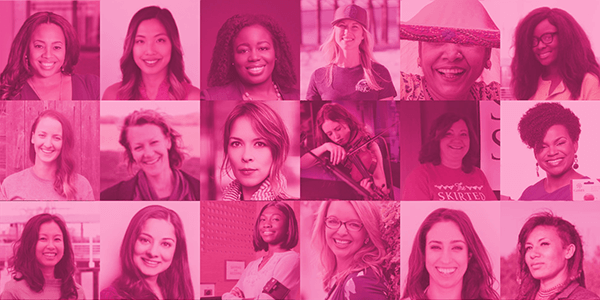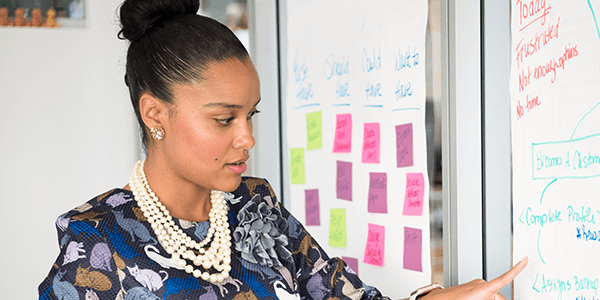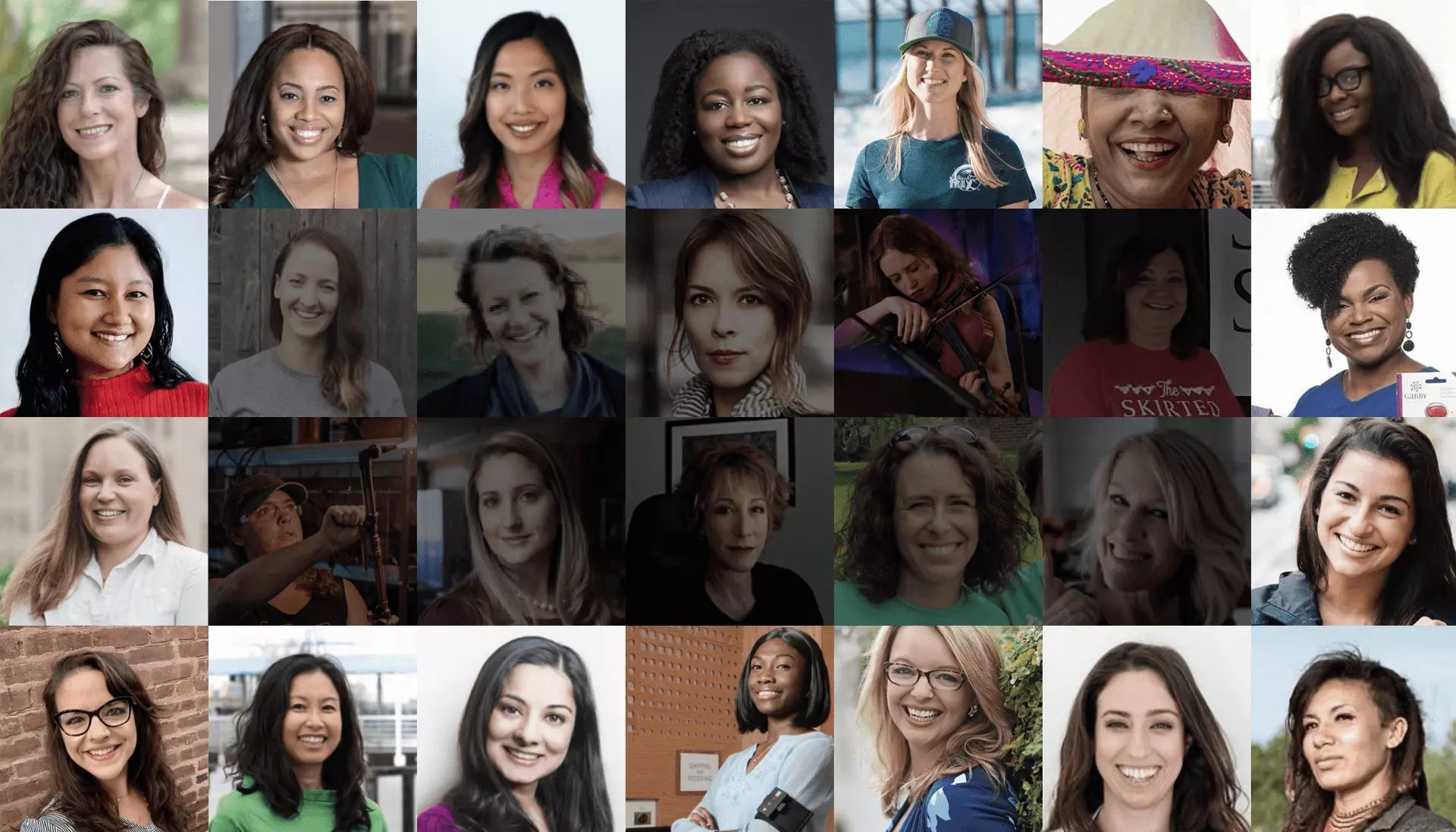

May 21, 2025
April 2025 Amber Grant Awarded to Cranberry Oysters

Cranberry Oysters
Woman Entrepreneur:
Lauren Gray
Her Website:
https://www.cranberryoysters.com/
We’re excited to announce the April $10,000 Amber Grant recipient. Congratulations to Lauren Gray, founder of Cranberry Oysters.
Recently, WomensNet Advisory Board member Jama Hernandez sat down with Lauren for an exclusive interview. You can listen to their conversation and view the transcript below.
Video Transcript
Jama: Jama: Hi everyone. Welcome to an interview with our April, 2025 winners. We are super excited here to share a bunch of wonderful information from our winners and what they plan to do. Get ready to feel inspired! My name is Jama and I am with the Women’s Advisory Board. Today we are speaking with Lauren with Cranberry Oysters, our Amber Grant winner. Lauren, please tell us a little bit about Cranberry Oysters.
Lauren: Cranberry Oysters is my five acre oyster farm off of Cranberry Island in Maine. It’s a town of farm islands and a really tiny place. I started out as a school teacher here and switched over to oyster farming, and I have a woman run farm and seven women that work on the farm with me.
Jama: Very Cool. We know a little bit about your crew, but tell us what else makes Cranberry Oysters unique and your approach different?
Lauren: So, oysters are all about place- the water that they’re grown in and we have a slogan, a unique place, a unique oyster. This town has five islands and my home island has only 70 people that live there year round. When I was the teacher, I was in the two room schoolhouse and we had only 17 students when I started. So it’s really delicate population and really special place and we’ve got this gorgeous backdrop of Acadia National Park. Oysters are also such a wonderful farm product because they benefit the environment that they’re grown in. So really great for the water. And aquaculture has just been such a cool way for women to work on the water. So we’re seeing more and more women enter this space and own their own boats and own their own farms. And just a great way for women living in very rural isolated communities surrounded by salt water to make a living. So really wanted to emphasize that and hence the women owned and run and yeah, island proud.
Jama: Very cool. So who taught you how to farm oysters? I’m just curious. I know that wasn’t part of the questions.
Lauren: I was actually working in the summer lobster fishing to earn some extra money while I was teaching, and so I was just having a blast working on the water and I was like, how can I make this work? And ended up choosing farming, I was more interested in tending a farm and went to a class with the Island Institute on Aquaculture and got some brief pointers and just launched in. My friend Joanna was starting an oyster farm in the Bar Harbor area. And so she was kind of getting going and so we were working together a little bit and yeah- a lot of it was just trial and error!
Jama: So, you started off as a school teacher and now you have this oyster business. You probably have a lot of lessons learned that you wish you knew ahead of time, but you didn’t, and so you learned it. So can you share some of those with us?
Lauren: I did find this question hard to narrow down! So probably the biggest one though is that when you start out it’s just you and the thing that you love. So it’s just me and oysters and you’re just having a great time and then things quickly become more and more complicated. So there’s accounting and then there’s networking and building relationships with your buyers, and then there’s getting deliveries of oysters on time and learning to manage people. And I think what I really learned the hard way was just like not to be so hard on yourself when you fall on your face. Like you just can’t be good at all of those roles. Like, there’s going to be somewhere where you fall down and just to learn on your feet and be vulnerable and kind of like constantly be inventorying what you’re not good at and figuring out ways to make change happen. I think that’s just part of running a business. And I didn’t learn about that really until I took a class with these developers of this app called Profit Decoder, and they talked about when you start a business, there’s something called a skillschasm. And I was like, oh, that’s, that’s the thing that I’ve been trying to learn. It’s just like, all right, I just can’t be good at everything, but it’s okay. It’s better to just not waste time and move on. That was probably my biggest lesson
Jama: For sure. And what a, what a powerful one to learn. Well, thank you for being with us today. We really appreciate it. We are very excited to see what you’re going to continue doing in the next few months and how this award money is going to help propel your business forward. And so please keep in touch with us. Thank you.

















